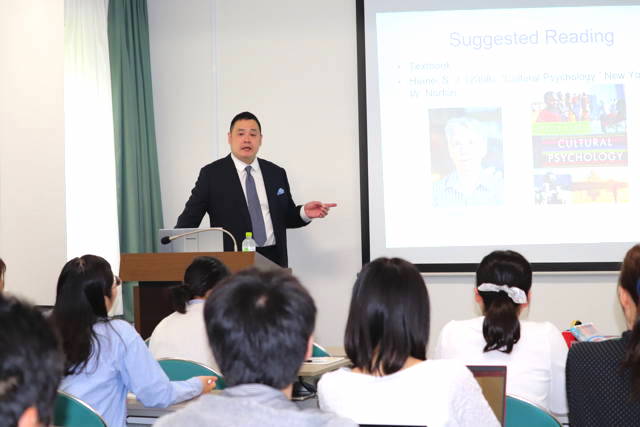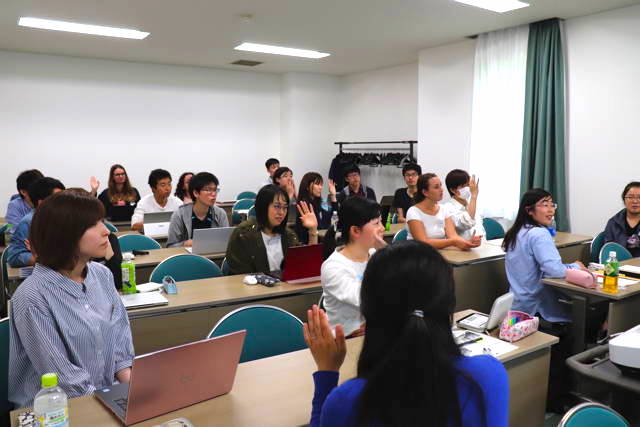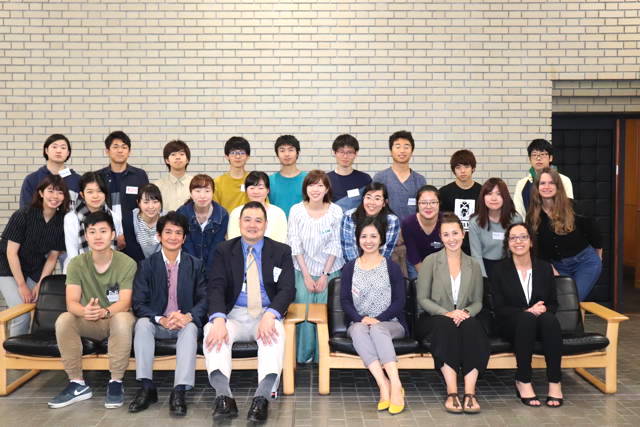The course “Cultural Psychology, Frontiers in Cultural Psychology 2019” was held for 3 days from July 1st to July 3rd as one course for Hokkaido Summer Institute (HSI) 2019.
This program is ran as a joint effort between Professor Takahiko Masuda of the University of Alberta (Canada), Professor Sawa Senzaki of the University of Wisconsin Green Bay (USA), and Professor Masaki Yuki of Hokkaido University’s own Faculty of Humanities and Human Sciences behavioral sciences department and aims to teach students about the most advanced research available in cultural psychology. This year marks the fifth time that this course has been held.
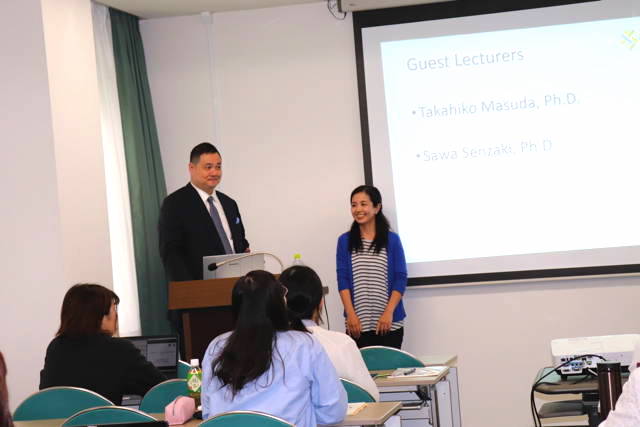
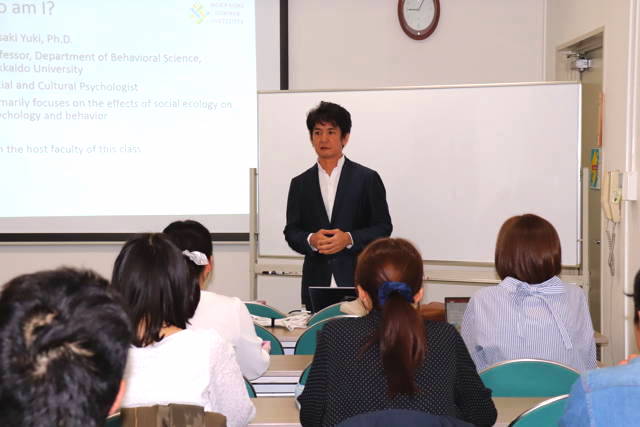
How do behavioral patterns differ between those living in the North American cultural sphere and those living in Japan? What kind of psychological mechanisms are in play in the background of these differences? Otherwise, what do we need to do to overcome these differences and improve our intercultural communication skills? This class utilized various concrete examples in order to helps students gain a rigorous understanding of the newest findings in this field.
In this class, two students studying under Professor Masuda’s at the University of Alberta and Professor Masuda’s son (currently studying at the University of Toronto) participated in this course as teaching assistants. The three of them all helped students with their group discussions, facilitated debates, and supported students as they prepared for their presentations.
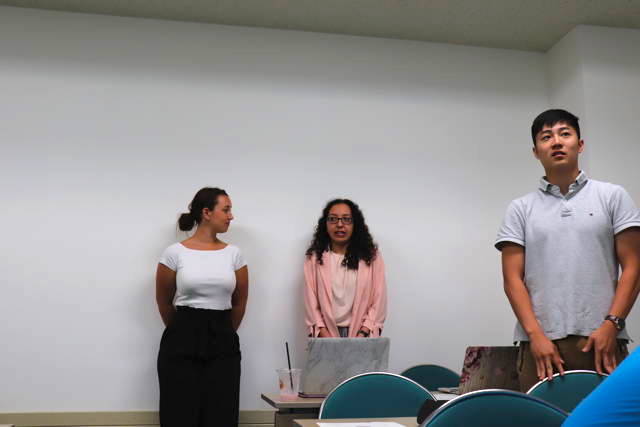
This course progressed by repeating a cycle of lecture, discussions, and presentations. In addition to the students’ own experiences, teaching assistants with various backgrounds added their own experiences to these discussions and shared different examples of cultural differences in thought and behavior. This helped lead to more profound class discussions on cultural psychology.
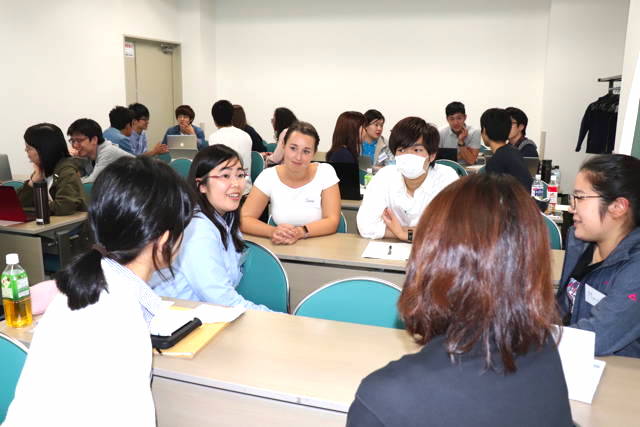
The schedule for this course was tight, with 15 lecture periods completed over a 3 day span. However, students still expressed great satisfaction with the course: “I thoroughly enjoyed the interactive parts in class,” “It was interesting to take an American style class; it felt like I actually went abroad,” “It was good being able to discuss in English with other students, the teaching assistants, and the professors,” “I have become more interested in studying abroad,” “It was refreshing to see students and teachers call each other by their first names and have frank discussions.”



